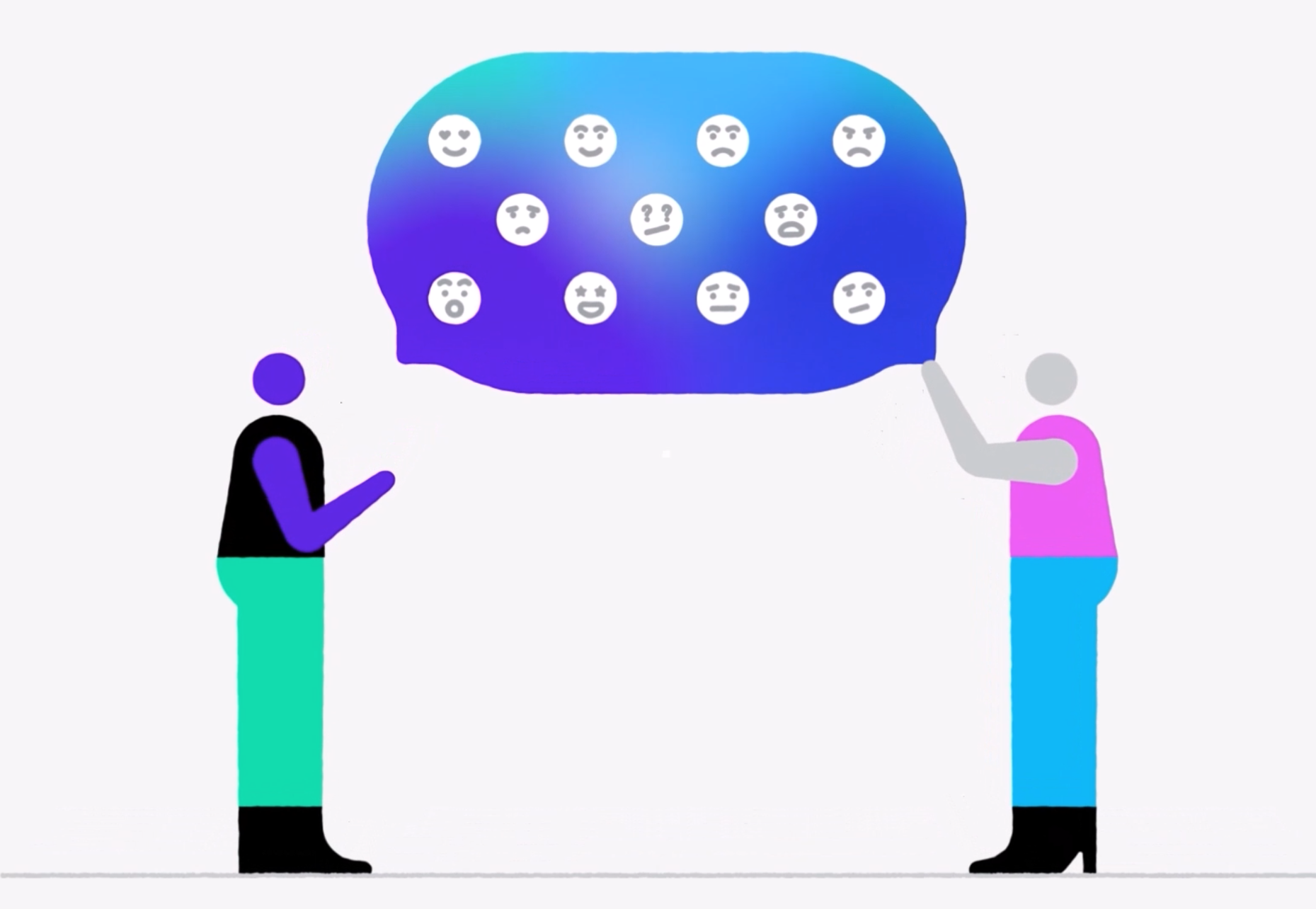You may have seen that GRATITUDE is the topic of the month for November for the XM Professionals Network (XMPN). Given all that’s going on around the world, it seems like a great topic for us to focus on right now.
“Cultivate the habit of being grateful for every good thing that comes to you, and to give thanks continuously. And because all things have contributed to your advancement, you should include all things in your gratitude.”
– Ralph Waldo Emerson
To address the topic, I posed this question to the XMPN community, “How Can We Make Gratitude Go Viral?” and introduced three underlying areas of discussion:
- How can we increase our personal levels of gratitude?
- How can we increase the level of gratitude within our organizations?
- How can we increase the level of gratitude throughout the world?
The Gratitude Basics
Our team has been active proponents of positive psychology for many years, as we believe that happiness is the foundation for personal well-being as well as a key to organizational success and societal harmony. Happiness is also one of the three elements of our well-being index.
I examined our recent U.S. consumer study and analyzed how happiness influences work behaviors. As you can see in the chart below, people who say that they are typically happy (about 68% of the population), are much more likely to try harder at work.
One of the foundational elements of positive psychology is that…
It is not happy people who are thankful, it is thankful people who are happy.
In other words, GRATITUDE creates happiness.
Gratitude is like a wonder drug. Research shows that people who are grateful have stronger immune systems, less stress, feel less pain, and do better professionally and academically — to name just a handful of the benefits. And as far as I know, there aren’t any negative side effects.
So what exactly is gratitude? I like this (yes, somewhat academic) description from PositivePsychology.com:
“Gratitude has a dual meaning: a worldly one and a transcendent one. In its worldly sense, gratitude is a feeling that occurs in interpersonal exchanges when one person acknowledges receiving a valuable benefit from another. Gratitude is a cognitive-affective state that is typically associated with the perception that one has received a personal benefit that was not intentionally sought after, deserved, or earned but rather because of the good intentions of another person.”
Our Call to Action
Hopefully, you see the power of gratitude and understand why we need more of it… especially right now. With our collective health, economics, and politics in turmoil, we need to interrupt all of the negativity. I believe that gratitude is one of the best tools that we have, and it’s totally within our control. We can all choose to embrace gratitude.
Please join our efforts throughout November in raising the level of gratitude around the world. You can participate in the XMPN discussion or develop your own gratitude agenda. Here are a few places to start:
- We’ll be launching a social media campaign around #PowerOfGratitude, where we regularly thank other people for the gifts they provide to us or to the rest of the world. Please share your thanks on Twitter, Facebook, LinkedIn, or wherever you hang out, and help us amplify this message. Feel free to link back to this post if it makes sense.
- The Greater Good Science Center (which is an awesome resource) has a monthly happiness calendar. Here’s a link to the November Happiness Calendar.
- Here’s a post with a list of 10 great ways to show you’re grateful, which includes ideas such as create a gratitude ritual, send a thank-you note, give a free hug, do someone a free favor, give a little gift, and give someone a list of all they’ve done that you’re grateful for.
Thank you for reading through this post. I hope that it inspires you to embrace gratitude.
The bottom line: The world will be better with more gratitude
P.S. For more inspiration, check out these Ted Talks: Want To Be Happy? Be Grateful by Brother David Steindl-Rast, a monk and scholar; and The Happy Secret To Better Work by Shawn Achor, a positive psychologist with a bit more humor.
Bruce Temkin, CCXP, is the Head of the Qualtrics XM Institute





